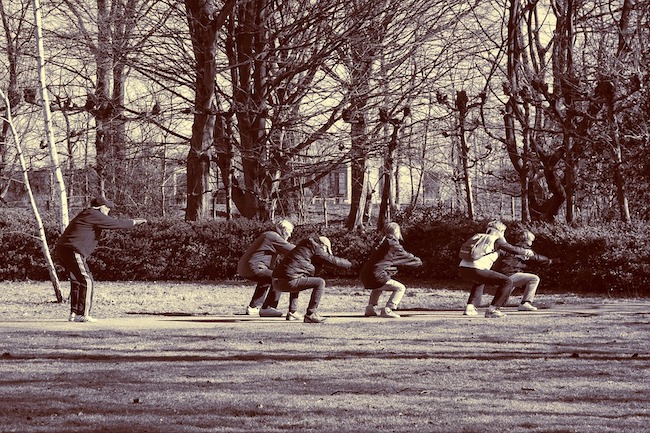Spike Protein Damages Vascular Cells by Dr. Joseph Mercola
During 2020, many people learned more about coronaviruses, and specifically the SARS-CoV-2 virus that causes COVID-19. Pictures of the spiked virus have been plastered across the news media.
The image is reminiscent of a chain mace, or flail. This was a medieval weapon with a spiked steel ball at the end of a chain or leather strap. The image may be frightening. It turns out researchers believe the spikes are responsible for significant vascular damage leading to severe disease.1
Most people will be infected at least one time in their lives by some type of coronavirus. If the COVID-19 pandemic is the first time you’ve heard about coronaviruses, you should know the first one was discovered in chickens in 1930.2 A few decades later the first human coronavirus was identified.3
Currently, scientists have identified four types of coronaviruses that are endemic and can cause up to 15% of common colds.4 Interestingly, if all coronaviruses have originated in the wild, the rate at which the virus is mutating has accelerated dramatically in 20 years.
In the last two decades, three new coronaviruses have emerged: SARS in November 2002;5 MERS in September 2012;6 and SARS-CoV-2 in December 2019.7 The symptoms of COVID-19 from an infection with SARS-CoV-2 can vary to a great extent.
Some people carrying the virus have had no symptoms. Others report fever, headache, body aches, dry cough, loss of appetite and loss of smell.8 In others, more severe symptoms can develop that affect the respiratory tract and lead to pneumonia.
Approximately 36% of individuals have experienced gastrointestinal symptoms or neurological symptoms, either with or without respiratory symptoms.9 A recent paper published in Circulation Research10 revealed it is the spiked proteins on the virus that play a key role in your symptoms.
Spiked SARS-CoV-2 Damages More Than Your Lungs
A team of researchers including scientists from the University of California San Diego evaluated the effects of the SARS-CoV-2 virus in animals. The researchers were not surprised by the clinical findings, but the data revealed a detailed explanation of how the spike (S) protein triggers damage to the vascular system.11
The researchers created a pseudo virus, or cell surrounded by the spike proteins that did not contain a virus.12 Using an animal model, the researchers administered the pseudo virus into the lungs and found the virus was not necessary to create damage. Instead, the spike protein was enough to cause inflammation.
The experiment was then replicated in the lab using cell cultures. The team exposed healthy endothelial cells that line your arteries to the spiked pseudo virus. Past studies had demonstrated that exposure to the SARS-CoV-2 virus elicited damage to the cells by binding to angiotensin converting enzyme 2 (ACE2).
However, the team found the cells responded in a similar way when exposed to the pseudo virus. When the S protein attached to the ACE2 receptor it disrupted signaling to the mitochondria and caused damage and fragmentation. The alterations in mitochondrial function were confirmed as part of the inhibition of ACE2 signaling in the lab.
The results also revealed that the virus could induce endothelial cell inflammation and endotheliitis. The protein reportedly decreased ACE2 levels and impaired nitric oxide bioavailability.13 Co-senior author of the study, Uri Manor, explained in a press release from Salk Institute:14
“If you remove the replicating capabilities of the virus, it still has a major damaging effect on the vascular cells, simply by virtue of its ability to bind to this ACE2 receptor, the S protein receptor, now famous thanks to COVID. Further studies with mutant spike proteins will also provide new insight towards the infectivity and severity of mutant SARS-CoV-2 viruses.”




